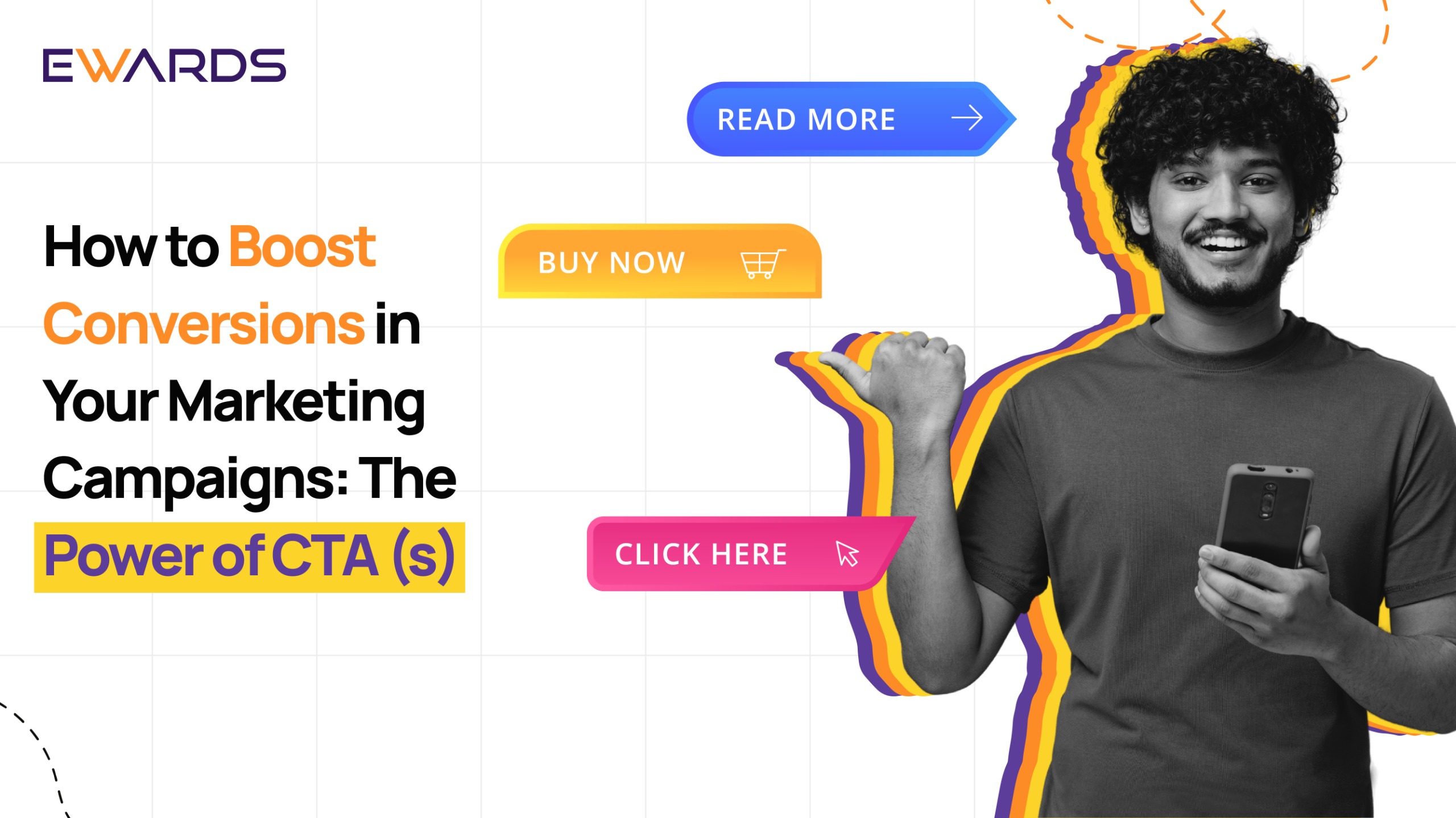
Did you know that a single Call-to-Action (CTA) can drive over 70% of campaign results (HubSpot, 2023)? Yet, many campaigns fail to leverage CTAs effectively, leading to missed opportunities. Whether you’re running loyalty campaigns that drive repeat purchases or engagement campaigns that foster deeper connections, the right CTA can make all the difference.
In this article, we’ll break down how to design CTAs that align with your campaign goals, be it boosting sales or enhancing brand interactions.
CTAs for Loyalty vs. Engagement Campaigns
1. Loyalty Campaign CTAs
- Purpose: Drive immediate, transactional behavior like redeeming points, advancing tiers, or making purchases.
- Effective Examples:
- “Earn 500 points for every $50 spent this week.”
- “Redeem your points for exclusive rewards now.”
- Tone & Language: Use exclusive and urgent language to make customers feel special, prompting immediate action. A study by Nielsen found that using words like “now,” “exclusive,” and “limited” can increase response rates by up to 24%.
- Why It Works: Loyalty campaigns benefit from urgency. Customers need to feel a sense of reward and urgency to act, driving higher point redemption and repeat purchases.
2. Engagement Campaign CTAs
- Purpose: Build connections, encourage participation, and enhance brand loyalty through non-transactional engagement.
- Effective Examples:
- “Join our upcoming event and meet the team.”
- “Share your feedback and help us improve.”
- Tone & Language: Use inviting and inclusive language to foster participation. According to LinkedIn, inclusive language in CTAs can increase interaction rates by 33%.
- Why It Works: Engagement campaigns rely on interaction. Inviting language creates a sense of community, prompting customers to participate in events, share their thoughts, or explore new offerings.
How to Create High-Impact CTAs
- Use Active Verbs
- Start CTAs with strong action words like “Join,” “Redeem,” “Earn,” or “Discover.” Active verbs can improve conversion rates by up to 27% (WordStream, 2023).
- Example: “Join our exclusive webinar today!”
- Why It Works: Active verbs create a sense of movement and urgency, prompting customers to take action.
- Add Urgency
- Incorporate phrases like “Limited offer!” or “Last chance to redeem!” to create urgency and prompt faster action.
- Example: “Limited time only! Double your points this weekend.”
- Why It Works: Creating urgency pushes customers to act quickly, driving better engagement and conversion rates.
- Be Clear and Direct
- Avoid vague CTAs. Be specific about what customers will gain from taking the action.
- Example: “Redeem 1,000 points for a $50 discount now.”
- Why It Works: Clarity is key. Customers are more likely to act when they know exactly what they’ll get.
Why Effective CTAs Matter?
- Boost Engagement: CTAs tailored to the campaign type—whether loyalty or engagement—directly align with customer expectations, leading to better engagement.
- Increase Conversions: Well-crafted CTAs drive higher conversion rates, resulting in increased revenue, improved brand loyalty, and stronger customer relationships.
- Enhance Customer Journeys: The right CTA not only drives immediate results but also enriches the overall customer experience by aligning actions with customer desires.
Conclusion
A well-crafted CTA is more than a simple button or link—it’s the driving force behind successful campaigns. Whether you’re looking to boost point redemption in loyalty campaigns or encourage participation in engagement campaigns, the right CTA can make all the difference. In the next article, we’ll explore how to implement rule-based engines for classifying campaigns in your CRM system, ensuring that your strategies are consistently aligned with your goals.